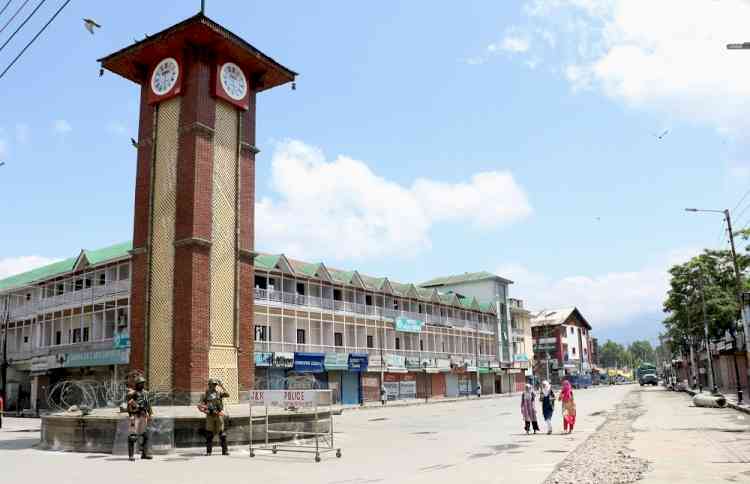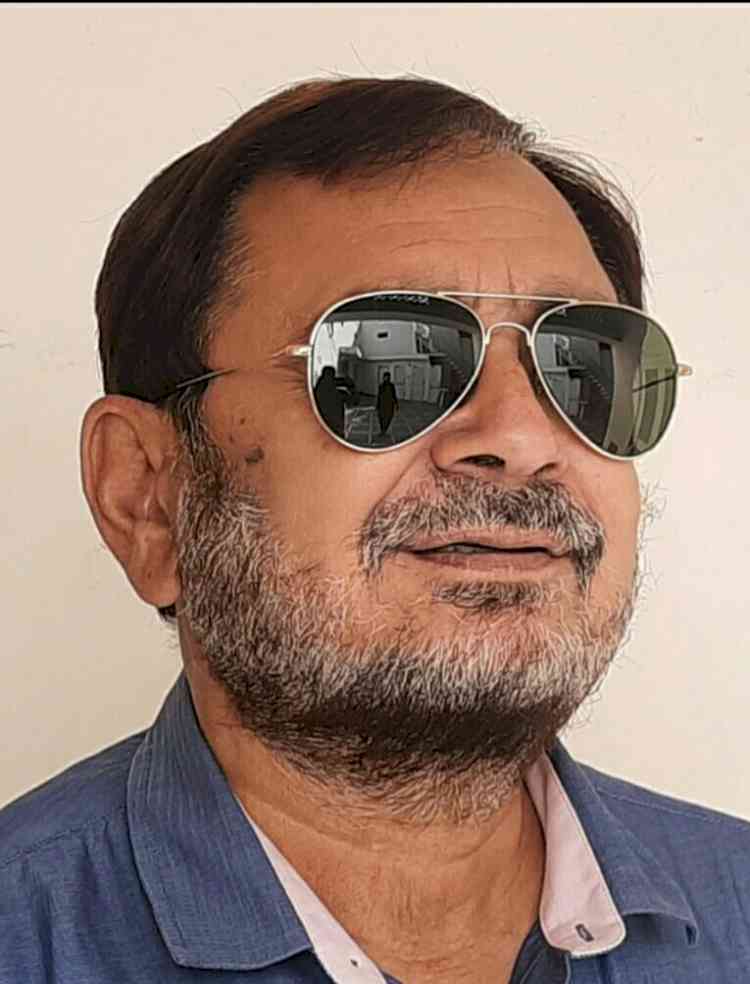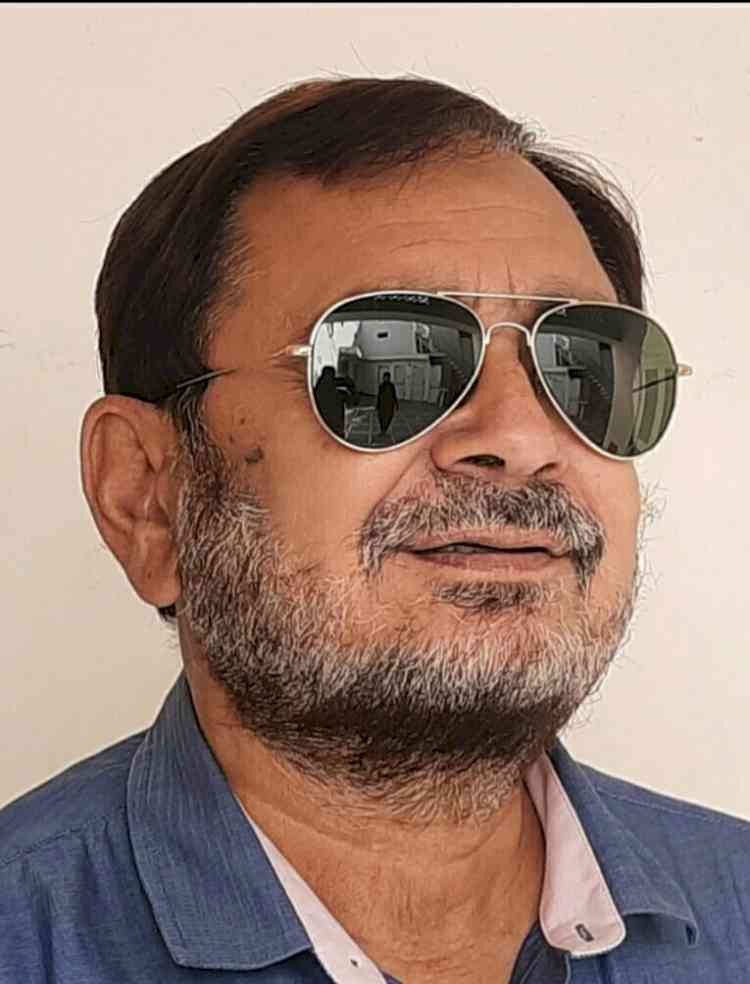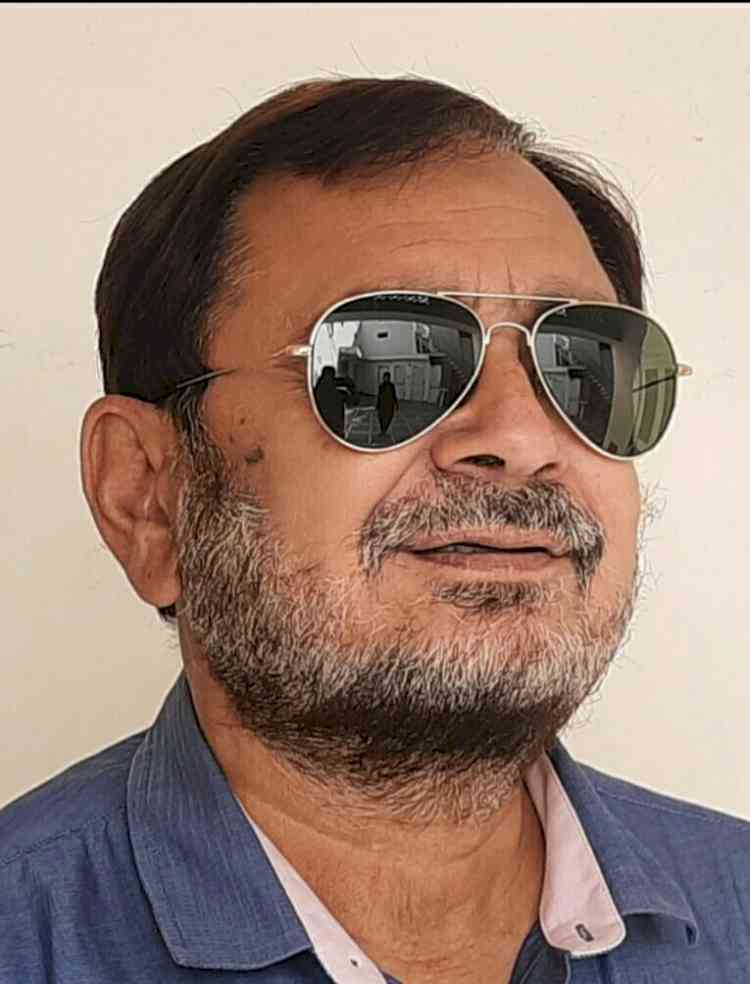Two years after Art 370's abrogation, people hopeful of 'Naya Kashmir'
Rome was not built in a day, argue the supporters of "Naya Kashmir"

By Sheikh Qayoom
Srinagar: Two years after abrogation of Article 370, hope for a prosperous "Naya Kashmir" is alive despite doomsday proponents calling it a "pipe dream".
Rome was not built in a day, argue the supporters of "Naya Kashmir".
The Lt Governor Manoj Sinha-led administration is confident that the developmental push and its anti-corruption effort are visible on the ground.
"Envisaging projects is a matter of paper work and implementing these on the ground with the huge funding needed to do so, is a different ball game.
"Huge funds are being spent on every developmental project in J&K. Despite the constraints imposed by the pandemic, the administration has not allowed a single developmental project to be put on hold," said a senior government official.
It is reasonable to expect that two years are not enough for the results of development to become palpable on the ground, argue the supporters of J&K's total integration with the rest of the country.
Ironically, the disempowerment of traditional politicians was seen in J&K as the empowerment of the common man.
"Those who played the king are now worried about losing their personal assets. This is a positive sign, but people need ground level translation of the intention to empower us," said Sajad Ahmad, a shopkeeper in old city Srinagar.
Detractors, however, say they don't see the brick and mortar needed to realise the promised dream of making J&K the jewel in the country's crown.
"Not a single developmental milestone has been laid during the last two years. Be it the laying of the new roads, building of power projects or the construction of the rail link and tunnel making, all these were started during the tenure of Dr Manmohan Singh.
"Just give me one example of any developmental achievement we have seen during the last two years," former Chief Minister Omar Abdullah noted.
But BJP state unit chief Ravinder Raina retorted: "Those who lost their kingdom cannot be expected to see anything good happening after their ouster."
While politicians on the either side of the divide cannot be expected to agree on post August 5, 2019 developments, the common man in J&K says the last two years have been very hard and trying for him.
"One year after abrogation of Article 370 and downgrading of J&K into a Union Territory, there was a literal washout of the tour and travel industry.
"Hardly any tourism happened in post August 5 period of 2019.
"We waited for the same to pick up in 2020, but that did not happen. During the two months, however, tourism has started showing up.
"The pandemic is largely responsible for slowing down of our economy, but at the same time, there has been little administrative effort to support those whose bread and butter depended on the hospitality industry," said a hotelier on the famous Boulevard Road by the banks of the Dal Lake.
People dependent on hospitality industry, or cottage industries like shawl, wood carving, papier-mache etc need market.
"We have been promised free market for our handicrafts and once the middleman is eliminated, we would get the full benefit of our labour," said Muhammad Raza, a papier-mache artisan in Srinagar.
The government says it has created avenues for better markets for local horticulture, handicrafts and other local industry.
"The biggest impediment in setting up industries in J&K has been the shortage of electricity. The government has built new projects, made arrangements for import of electric power from outside and within the next 4 years, J&K should be self-sufficient in electric power," said another senior government officer.
One major grievance during the last two years has been that people are not able to reach the administration for redressal of their grievances.
"That is where you need a political government with elected representatives. Unless those running a democracy are elected by the people, you cannot expect the common man to be heard with patience," J&K Apni Party President Syed Altaf Bukhari said.


 IANS
IANS 








